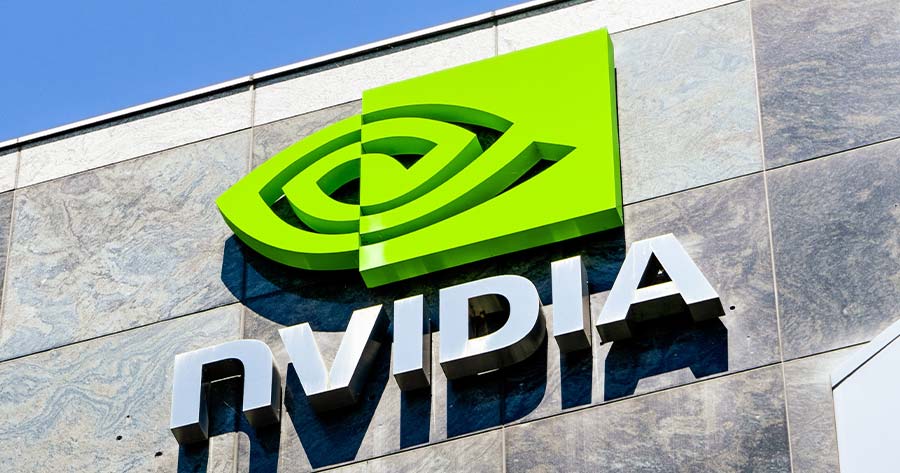Nvidia once again eclipsed Wall Street expectations in the first quarter of 2025, reporting earnings per share (EPS) of $0.96, ahead of analysts’ consensus of $0.93. The company’s revenue also surged past forecasts, reaching $44.1 billion compared to the anticipated $43.29 billion.
However, the chipmaker’s robust sales figures were offset by weaker-than-expected profitability. Adjusted gross margin rose to 61%, which fell short of market predictions for a 71% increase. Similarly, earnings before interest and taxes (EBIT) stood at $21.64 billion, significantly below the $26.97 billion estimate.
While Nvidia’s headline numbers underscored its dominance in the semiconductor sector, the softer margins and EBIT highlight ongoing cost pressures and the market’s high expectations for performance going forward.
Breaking down performance by business line, Nvidia’s Data Center segment reported revenue of $39.1 billion, narrowly missing the Street’s forecast of $39.22 billion. Compute revenue totaled $34.16 billion, which was lower than the projected $35.47 billion. In contrast, the Networking division posted a standout quarter, generating $4.96 billion in revenue, well above expectations of $3.45 billion and highlighting notable growth within that area.
Looking ahead, Nvidia projects second-quarter revenue of $45 billion, with a margin of plus or minus 2%, slightly trailing analysts’ estimates of $45.5 billion. The company foresees Q2 adjusted gross margins in a range of 71.5% to 72.5%, broadly in line with consensus projections of 71.7%.
Nvidia also noted that it missed out on $2.5 billion in H20 chip sales in the first quarter due to shipment limitations. The company emphasized that worldwide demand for AI infrastructure remains “incredibly strong,” reflecting robust industry momentum. However, Nvidia cautioned that restrictions on exports to China are expected to reduce sales by an estimated $8 billion in Q2, underscoring persistent geopolitical challenges that could weigh on future results.
“Our breakthrough Blackwell NVL72 AI supercomputer — a ‘thinking machine’ designed for reasoning— is now in full-scale production across system makers and cloud service providers,” said Jensen Huang, founder and CEO of NVIDIA.
“Global demand for NVIDIA’s AI infrastructure is incredibly strong. AI inference token generation has surged tenfold in just one year, and as AI agents become mainstream, the demand for AI computing will accelerate. Countries around the world are recognizing AI as essential infrastructure — just like electricity and the internet — and NVIDIA stands at the center of this profound transformation.”





